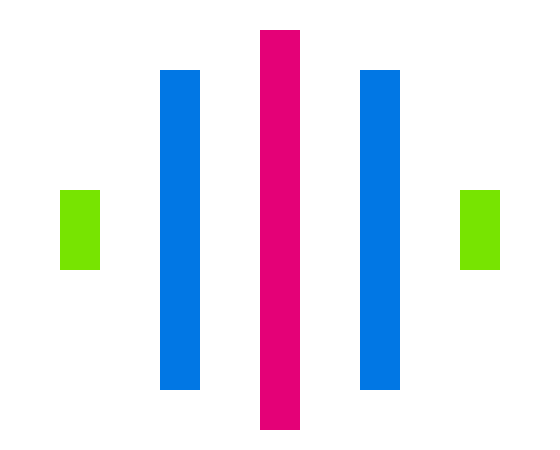~ Updates for Panako - an acoustic fingerprinting system
» By Joren on Sunday 11 July 2021Panako is an acoustic fingerprinting system I developed a couple of years ago. With acoustic fingerprinting systems it is possible to find duplicates in digital music archives and compare meta-data or identify unlabelled audio fragments. In the margins of my post-doc project working with large music archives, I have found the time to update Panako significantly. The updates simplify, improve and speed up Panako.
The main algorithms are simplified. There is also a reduction of dependencies and a refocus to core functionality. This also simplifies building the software. The retrieval characteristics are improved, mainly thanks to the use of a fine-grained Gabor transform. Also new is the near-exact hashing construct which helps with off-by-one issues when matching time bins. The key-value store used is now LMDB, which speeds up the query performance of Panako significantly. The updates should make Panako stand the test of time somewhat better.
A more complete list of updates can be found below and on the Panako GitHub repository:
- The number of dependencies has been drastically cut by removing support for multiple key-value stores. - The key-value store has been changed to a faster and simpler system (from [MapDB](https://mapdb.org) to [LMDB](http://www.lmdb.tech/doc)). - The SyncSink functionality has been moved to another project (with Panako as dependency). - The main algorithms have been replaced with simpler and better working versions: - Olaf is a new implementation of the classic Shazam algorithm. - The algoritm described in the Panako paper was also replaced. The core ideas are still the same. The main change is the use of a [Gabor transform](https://en.wikipedia.org/wiki/Gabor_transform) to go from time domain to the spectral domain (previously a constant-q transform was used). The gabor transform is implemented by [JGaborator](https://github.com/JorenSix/JGaborator) which in turn relies on [The Gaborator](https://gaborator.com/) C library via JNI. - Folder structure has been simplified. - The UI which was mainly used for debugging has been removed. - A new set of helper scripts are added in the `scripts` directory. They help with evaluation, parsing results, checking results, building panako, creating documentation,... - Changed the default panako location to \~/.panako, so users can install and use panako more easily (without need for sudo rights)
Fig: An interactive CLI session with Panako.
